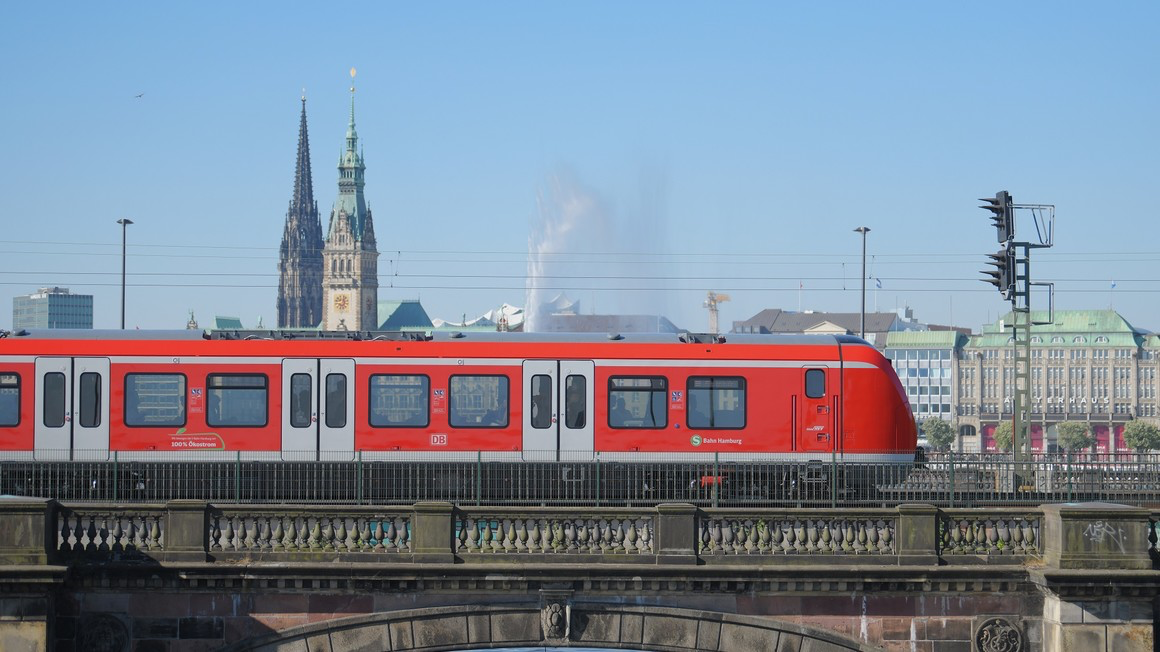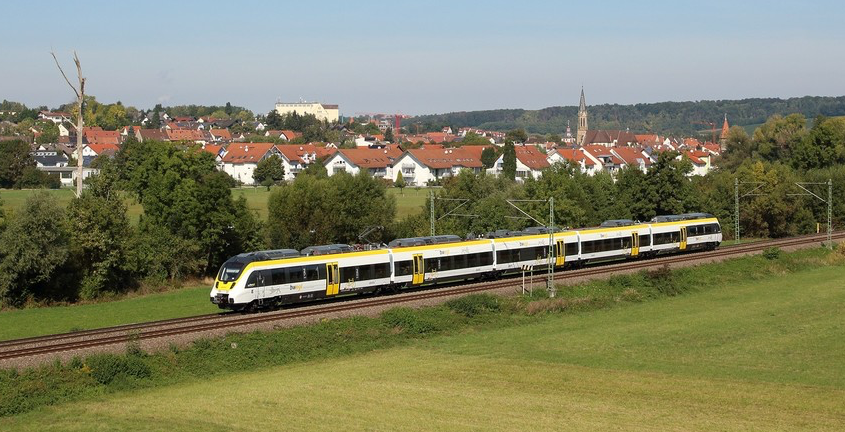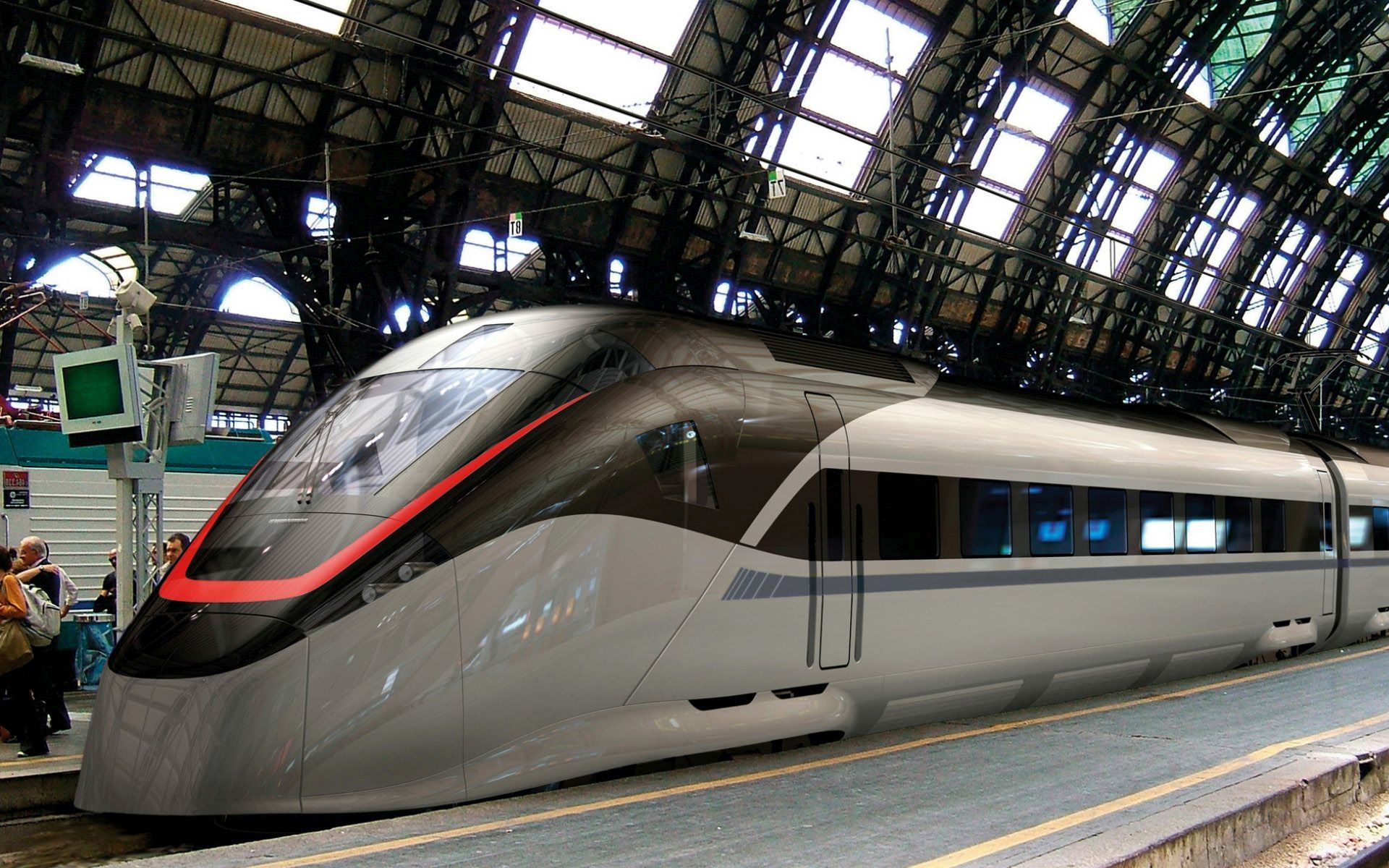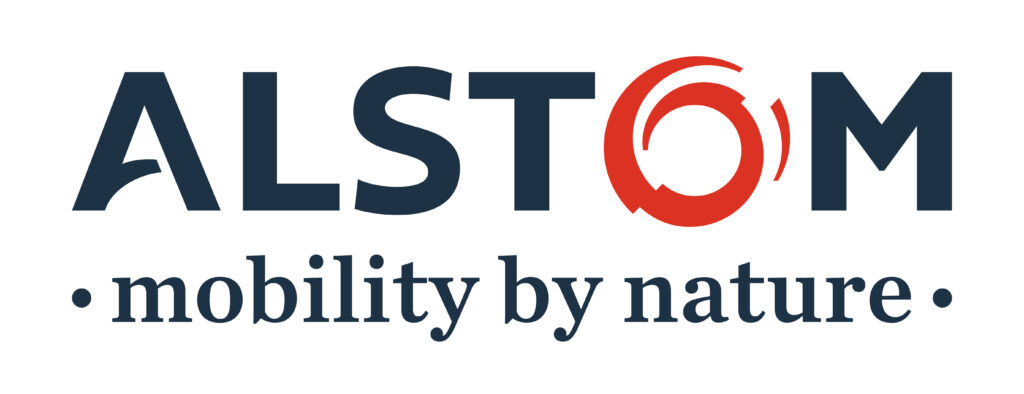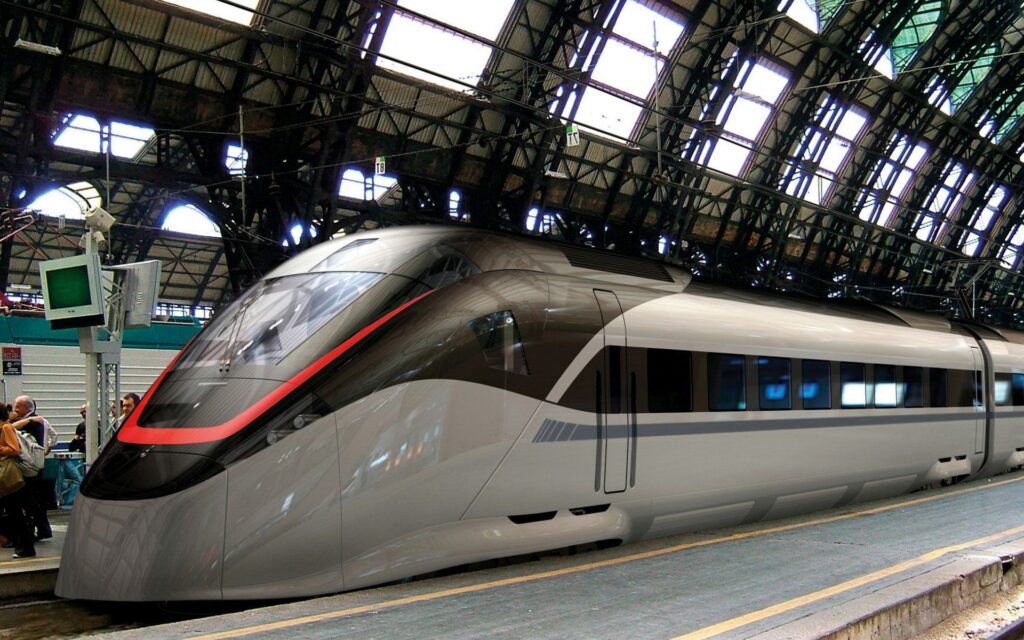Alstom and S-Bahn Hamburg GmbH have signed a contract for the delivery of an additional 64 Class 490 S-Bahn trains. The order is an option from a framework contract signed in 2013 and is valued at around 500 million euro.
As with the previous trains, passengers will enjoy the proven amenities of these three-car electric multiple units, but with the addition of some new improvements to better meet the needs of Hamburg’s passengers. For example, the new S-Bahn train’s middle cars will feature a multipurpose area with room for bicycles, luggage, and dedicated spaces to accommodate passengers with limited mobility.
However, the train’s most significant innovation will be invisible to passengers. For the first time in Germany, S-Bahn trains will be equipped with the European Train Control System (ETCS) Baseline 3 Release 2 and automated train operation (ATO) technology. Together, these technologies will ensure denser and more frequent service and enable Hamburg to provide more fluid transport while increasing the overall number of train journeys. In addition, the flexibility of Hamburg’s new S-Bahn trains means that they will couple with the 82 Class 490 S-Bahn trains already in service.
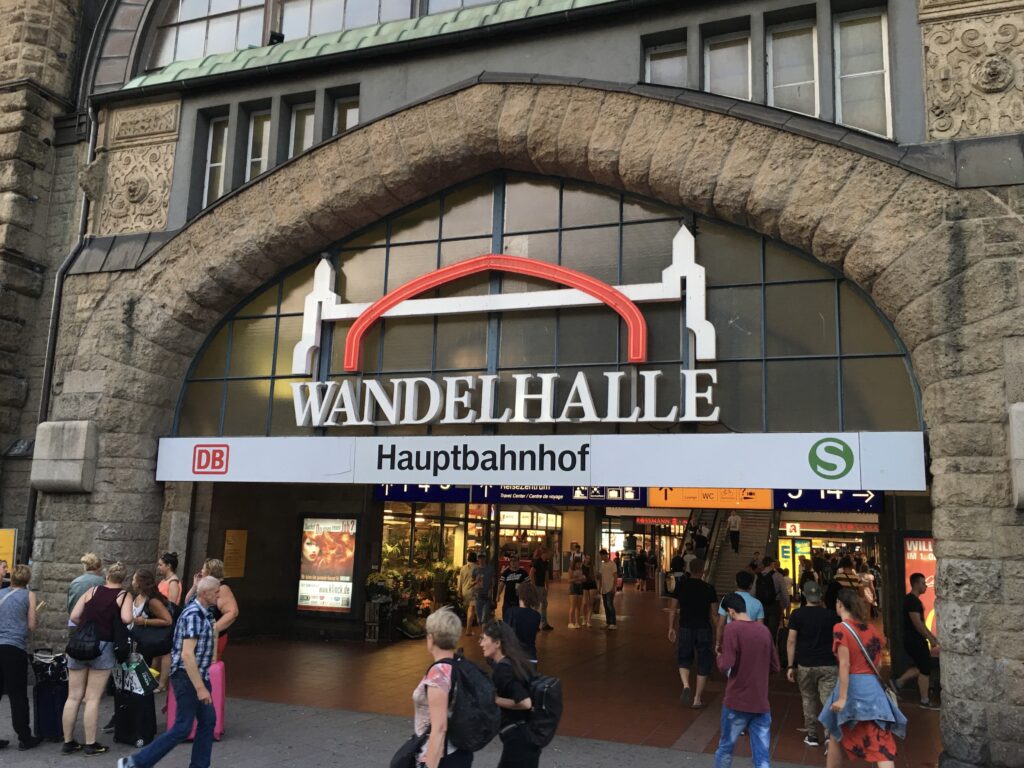
This order marks Germany’s first implementation of ATO in automation level 2 (GoA 2) for new S-Bahn vehicles. In addition, S-Bahn Hamburg GmbH will receive vehicles that already comply with the latest state-of-the-art signalling technology. The trains will be delivered with Alstom’s intelligent onboard technology for ETCS, with integrated ATO software that meets the high demands of future digital rail operations in terms of performance, availability, and automation.
Initially, Alstom will manufacture three vehicles that will undergo extensive testing and inspection, in particular for approval of their ETCS and ATO functionalities. Vehicle deliveries to Hamburg are scheduled for 2025 and 2026.
Among others, Alstom’s sites in Hennigsdorf, Bautzen (production), Berlin (signalling), Braunschweig, Siegen and Mannheim, Germany, will be involved in the production of the new S-Bahn trains. This is in addition to sites in Charleroi, Belgium (ETCS), Wroclaw, Poland, Västeras, Sweden and Vadodara, India, which will also participate in production.
In Germany, Alstom offers innovative solutions for sustainable mobility and is one of the leading suppliers of railway technology with metros, suburban trains, trams, regional trains, locomotives and signalling solutions. Our trains travel from Schleswig-Holstein to Bavaria. More than 70% of high-speed trains running in Germany are equipped with Alstom’s ETCS signalling solutions. In Lower Saxony, Alstom is building the world’s first fuel cell-powered, completely emission-free Cordia iLint regional train in series production. Alstom is Germany’s only manufacturer of infrastructure, signalling and digital mobility solutions to provide maintenance, service and modernisation of all mass transit trains for all manufacturers’ series, as well as information systems.
